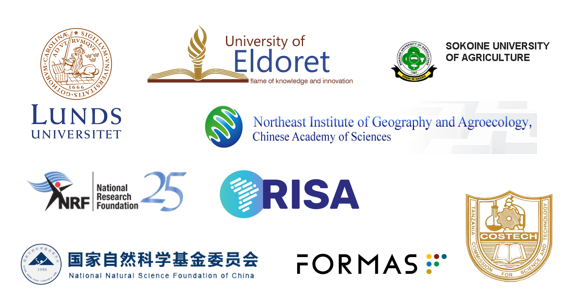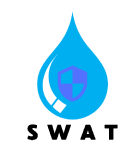What is SWAT?
SWAT (Safeguard Water Security towards Sustainable Development Goals in Aquatic Ecosystems) is a global initiative towards more sustainable water resources management through international collaboration between Africa, Europe and Asia to develop sustainable solutions that can be replicated in other regions facing similar challenges. The Call Program was coordinated by the National Research Foundation (NRF, South Africa) and RISA*.
Accessing safe and sustainable water sources is a primary human need and a critical global challenge, especially for over 2 billion people living in water-stressed countries. This challenge is exacerbated by the change of climate and land use as well as urbanization (e. g. population growth), leading to increasing pressure on clean and affordable water resources. Based on the existing data and literature reviews, this project aims to establish a widely applicable Water Sustainable Index (WSI) and assess the status of water supply in the local catchment areas across three continental regions (North Europe, Africa and Asia), and thereby, develop effective and replicable strategies towards achieving SDG6. By working with different stakeholders and utilizing innovative tools and technologies, our project will offer a unique opportunity to collaborate and exchange knowledge between Africa, Europe and Asia to develop sustainable solutions that can be replicated in other regions facing similar challenges. The project period is from 2024-01-01 - 2026-12-31.
*The Research and Innovation Systems for Africa (RISA) Fund is a multi-country project, funded by UK International Development from the UK Government, to support research and innovation systems strengthening in Africa.
Who are the dedicated team members?
SWAT is led by Water Resources Engineering. The SWAT project includes an interdisciplinary consortium consisting of Lund University, Sweden; Sokoine University, Tanzania; University of Eldoret, Kenya; Northeast Institute of Geography and Agroecology, Chinese Academy of Sciences, China.
There are three case studies are involved in SWAT project: Lake Vombsjön in Sweden, Victoria Lake in Africa, Changgan Lake in China.
Acknowledgement
We would like to thank the NRF and RISA and Swedish Research Council for Sustainable Development (FORMAS), Tanzania Commission for Science and Technology (COSTECH) and National Natural Science Foundation of China (NSFC) for funding in the frame of the collaborative international consortium SWAT financed under Sustainable Development Goals (SDGs) Collaborative Funding Call (SDGS23030781284).

